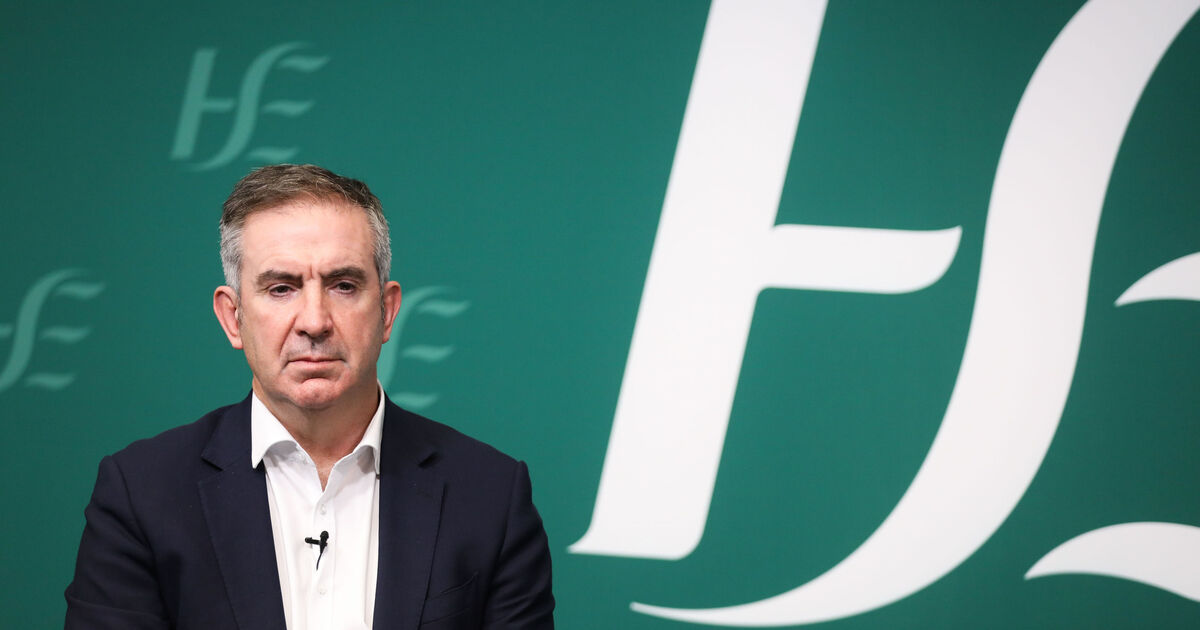Over 100,000 people have now downloaded the HSE app and, from later this month, users will be able to access over 1m hospital appointments, with plans underway to also link in private hospitals.
However the “big programme” move to national digital health records remains some way off, with an estimate of up five to 10 years before this is fully realised.
Chief technology and transformation officer Damien McCallion said: “These are going to be gradual developments, there’s not going to be a big bang.”
The plan for the app is to have all hospital appointments and services, such as BreastCheck, connected eventually.
“There’s about over 1m appointments to be loaded on in the next few weeks,” he said on Thursday. “Our aim is to keep developing capability as we get better systems behind it.”
For now, he said patients will get reminders for appointments.
“It will be made available to the person in the way they get a letter today,” he said. “We will continue with that for a period of time, because we recognise we’re going to have to build [that].”
Future plans will see patients able to cancel or book appointments on the app. Currently, it is only linked to HSE sites. This means patients who might attend the Bon Secours in Cork and Cork University Hospital [CUH] will have two systems to juggle.
“We are engaging with the private hospital system,” he said.
CEOs in private healthcare have indicated to Mr McCallion they would welcome sharing the information.
Funding for the national digital records system is now being assessed under the major projects assurance process. This is required for projects costing over €200m.
Speaking to reporters during the HSE Integrated Healthcare Conference, Mr McCallion declined to speculate about final costs.
“I’m not going to put a figure, but it’s clearly going to be a significant programme of work,” he said.
It will run into several billion certainly, but it’s a big programme that is over a 10-year period
“Our ambition would be to do it in less.”
However, he said that depends on how the market responds to their plans.
“We would still hope five to seven years,” he added.
The records are being rolled out in maternity hospitals already. The first site to go live was Cork University Maternity Hospital in 2016.
The maternity hospital in Limerick was connected in mid-July. This now makes five of the 19 hospitals, and Mr McCallion said the Coombe Hospital will be next by December.
Patients will also soon see benefits from a shared health record. This will launch first in Waterford and Wexford at the end of this year.
“In simple terms, that’s like a digital photograph of all your details,” he said.
“It’s like a digital copy of your medical records, but it can only be as good as the systems that feed into that. Over time, it will get better.”
Hospitals and GPs will have access to it meaning faster access to details in a crisis.
It will also give specialist doctors in larger hospitals better access to patients records held in other health centres.
The NHS App launched in 2018, and NHS England has previously said older people of pension age are the most active users of the system.

